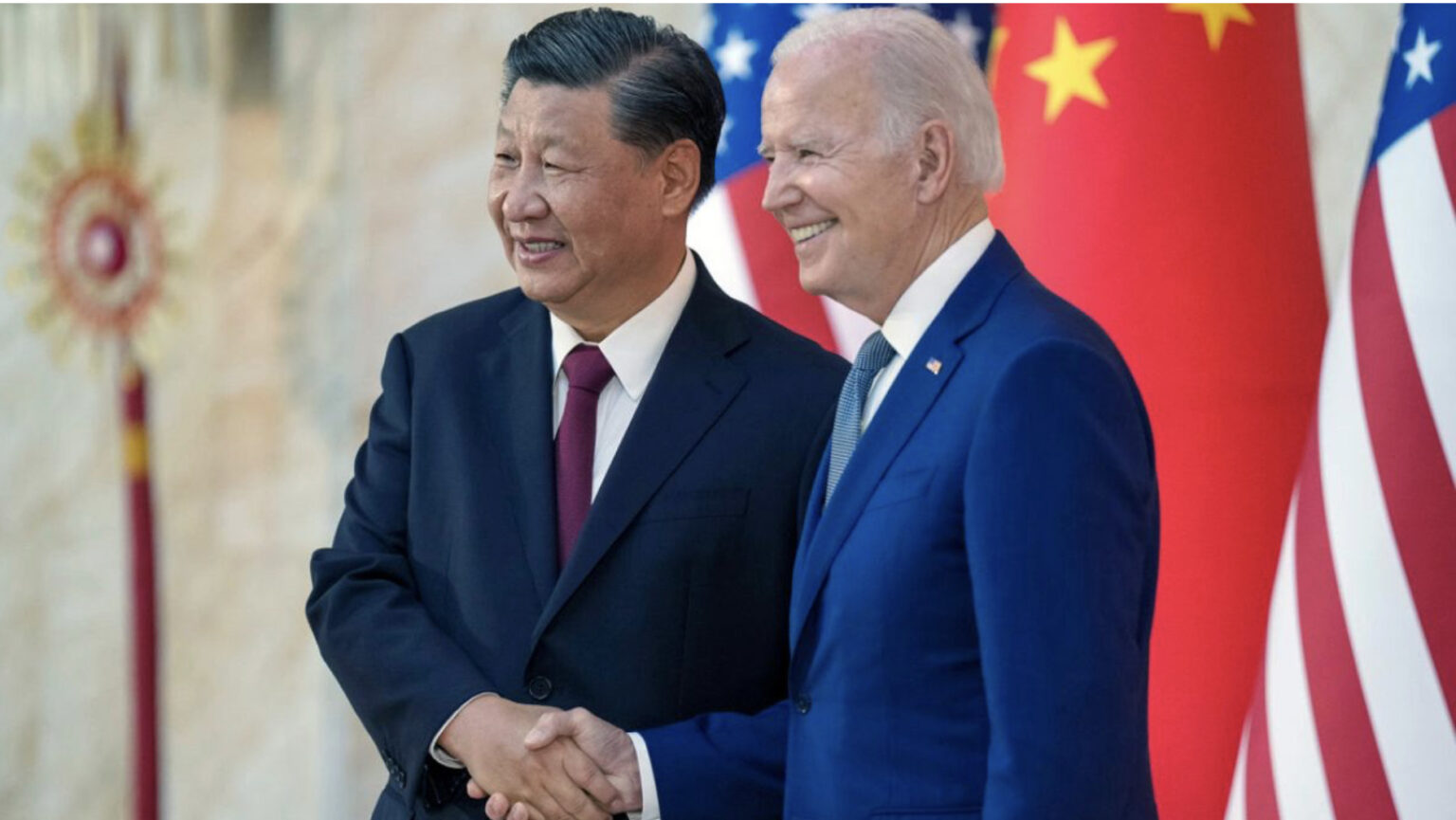With the balloon incident in February, the complex rivalry between China and the United States erupted into a full-blown diplomatic crisis. An alleged Chinese spy balloon crossed into American airspace during the event, escalating animosity between the two nations. President Joe Biden’s recent comments comparing Chinese leader Xi Jinping to a dictator worsened the issue and further strained the already tense relationship.
Biden’s Remark
During a Democratic Party fundraiser in California, about the balloon incident, Biden claimed that Xi was humiliated when the American Air Force shot down the balloon that was carrying spy gear. A ruler like Xi, he said, would be extremely embarrassed by such a turn of events. These remarks were made just one day after Secretary of State Antony Blinken returned from his trip to Beijing, which was meant to reduce tensions between the two nations.
China’s Response
Biden’s comments drew an immediate response from China, which labelled them as “extremely absurd and irresponsible.” The words were criticised by Mao Ning, a spokesperson for the foreign ministry, who claimed that they were factually incorrect, in violation of diplomatic decorum, and seriously insulted China’s political honour. Mao described Biden’s remarks as a blatant political provocation, expressing China’s strong opposition and dissatisfaction.
China insisted that the balloon was accidentally blown off course while being used for meteorological research. They accused the U.S. of distorting the facts and using the incident to hype tensions, revealing their perception of U.S. actions as bullying and hegemonic. China emphasised that the U.S. should have handled the circumstance professionally and with restraint.
Blinken’s Visit to China
There was no significant improvement in the tense relationship despite Blinken’s visit to China. But to stop it from escalating into a confrontation, both sides agreed that the rivalry between Washington and Beijing needed to be stabilised. To sustain communication and establish common ground, preparations for further diplomatic engagement and visits by U.S. officials were initiated.
In addition to the diplomatic problems, Biden also brought up China’s economic challenges during his remarks. He noted that China’s economy struggled in May, with industrial output and retail sales growth falling short of expectations. In the meantime, the World Bank predicted that the United States would expand faster than China in 2024, which raised questions about the stability of the Chinese economy during the post-pandemic recovery period.
The Quad
Concerns over the U.S.-China rivalry have grown, particularly since the United States, Japan, Australia, and India formed the Quad strategic security group. According to Biden, Xi had reservations about the Quad and thought it would be an attempt to encircle China. Biden assured Xi that the group was not aimed at isolating or targeting China.
The delicate relationship between China and the United States may be further harmed by Biden’s recent comments as tensions between the two nations remain high. The accusation that Xi is a dictator and China’s prompt retaliation highlights how delicate the situation is.
Effectively managing and improving the U.S.-China relationship remains a significant challenge as Biden continues to serve as President and looks ahead to the 2024 election. To address the plethora of issues between the two countries, it will be necessary to use careful diplomacy, strategic decision-making, and a balanced approach.
Finding a middle ground and promoting cooperation will be crucial given the economic, political, and security issues at hand. While acknowledging the value of stability and respect, China and the United States must work through their differences.
The international community is closely observing the complexities between the two superpowers and is hoping for an open dialogue and a peaceful settlement of their disagreements. It is in the interest of both nations, as well as the international community, to manage their rivalry responsibly and work towards a more stable and cooperative relationship in the future.












